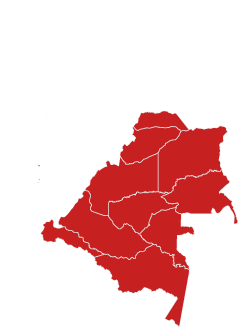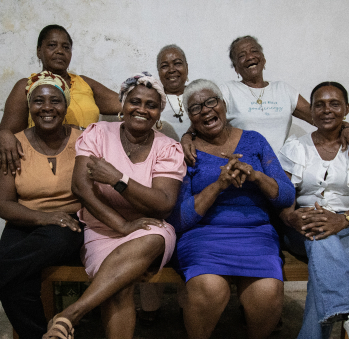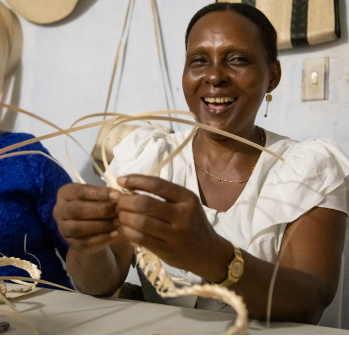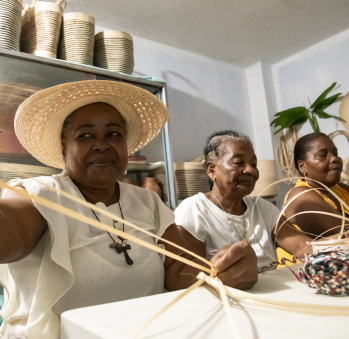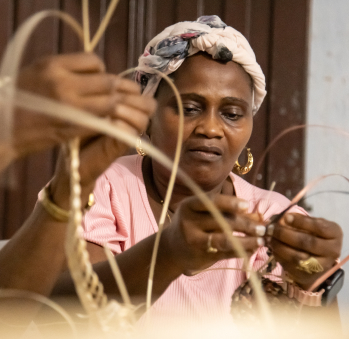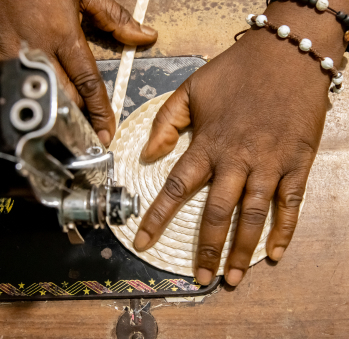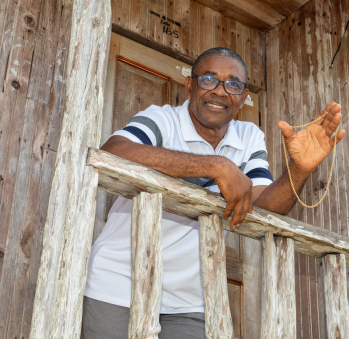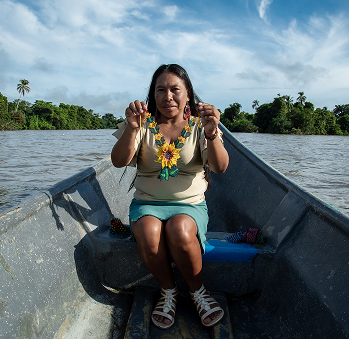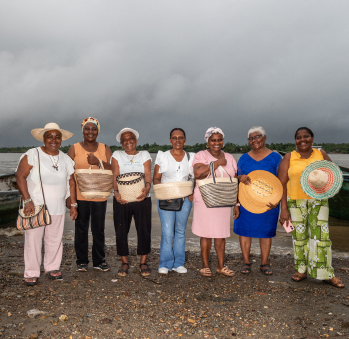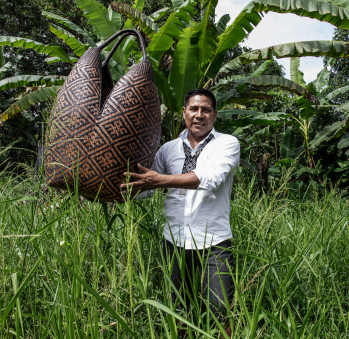Coopmujeres
Workshop: Coopmujeres
Craft: Weaving
Trail: Guapi-Timbiqui Route
Location: Guapi, Cauca
SCHEDULE YOUR VISIT
Carrera 2 #10-37 San Pablo, frente al hotel Rio Guapi.
3215481179
The women arrive, summoned by women: first comes Antonia Cambindo, who was the one to call them. Then to the Coopmujeres cooperative headquarters in Guapi come Ruth Montaño, María Dominga Cuero, Teódula Mancilla, and after a little while, Silveria Rodríguez, her white hair glowing, her steps steady, and her smile ready to light up the room. They’re here—warm, open, and eager to share their stories—but they don’t forget those who couldn’t make it: Luz Colombia Mancilla, Jovita Mancilla, Rosa Helena Salcedo, or Carlina Lema.
They are a group of artisans who chose to work together back in 1992, seeking economic stability and a way to support their families with household expenses and their children’s education. As they sit weaving with mastery—braiding paja tetera and chocolatillo fibers into hats—they marvel at how many of them didn’t even know how to weave when they first started. They ended up here because, one way or another, their hands were already their livelihood. Many worked as seamstresses, sewing uniforms for their husbands and children, and then for the neighborhood. But when imported clothing and fast fashion with standardized sizing took over, their sewing business collapsed, and they had to find a new way to get by.
Listening to them, you meet women who haven’t had it easy. Several were displaced from places like El Charco, Nariño, or Alto Guapi—four hours upriver by boat—driven out by violence, poverty, or lack of schools. Doña Silveria recalls an event that changed their lives forever: the devastating December 12th, 1979 earthquake that triggered a tsunami and ravaged the Colombian Pacific coast, leaving behind only sorrow and destruction. But others came to Guapi for love, and despite the hardship, they now celebrate having built new lives from scratch. Yes, it’s been hard—they admit it—but oh, how much they’ve lived and laughed, and that too shines through with no effort at all. They call themselves guapireñas with pride and thank this land, blessed with waters so close you can always cool off, for becoming their home.
Those who grew up in the trade, with mothers who were weavers like Wenceslava Arboleda and Rosinda Mancilla, passed on the skill to the others—only to be outdone by their students in the best of ways. Now, after so many years, they’ve formed a group whose hands are true masters. Coopmujeres takes pride in bringing together women of all ages, knowing it’s the only way to preserve the art of Guapi hat weaving. Some prefer sewing the braided strips together with a machine; others favor braiding three- or four-strand braids; and still others focus on making placemats, baskets, or tortilla warmers. What’s certain is that their weave is unique, with those wide open “eyes” that make the hat breathable—perfect for the heat. If you’ve seen one, you’ll recognize it—it’s unmistakably from Guapi, and no local dance is complete without a dancer wearing one. So when you plan a trip through the rivers of Cauca and along the beautiful Timbiquí River, stop by and say hello to these lovely women. Watch them work, of course, take a hat home with you—and don’t leave without tasting the Pacific’s best-kept secrets: their incredible cooking. Try the crab encocado, stew, the piangua stew, fried fish with coconut rice and patacón. A true visit to the beautiful Colombian Pacific.
Craft
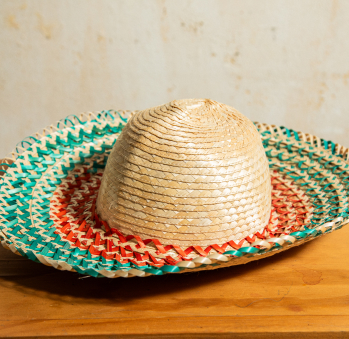
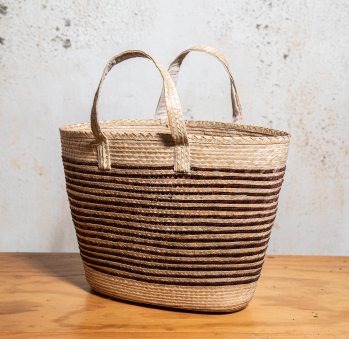
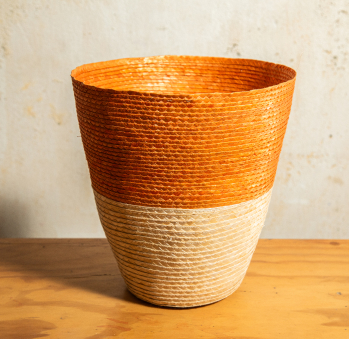
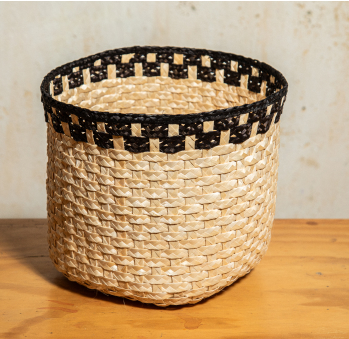
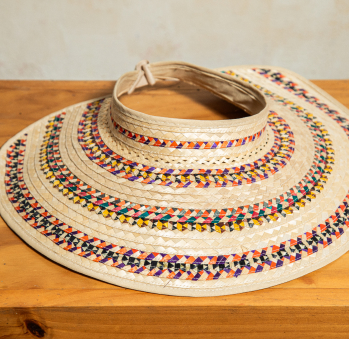
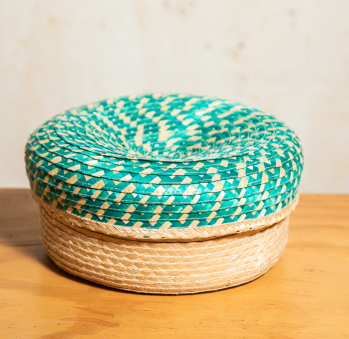
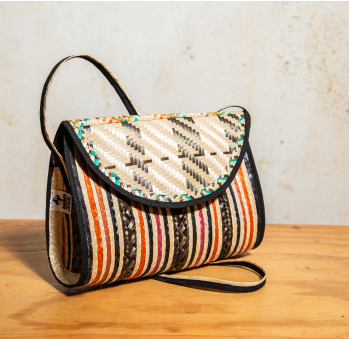
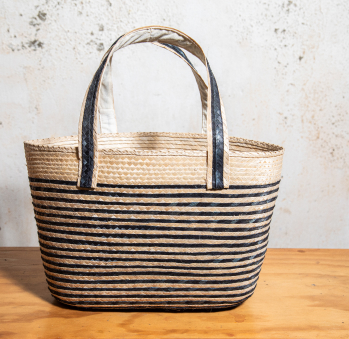








Artisans along the way
Artisans along the way
No puede copiar contenido de esta página

